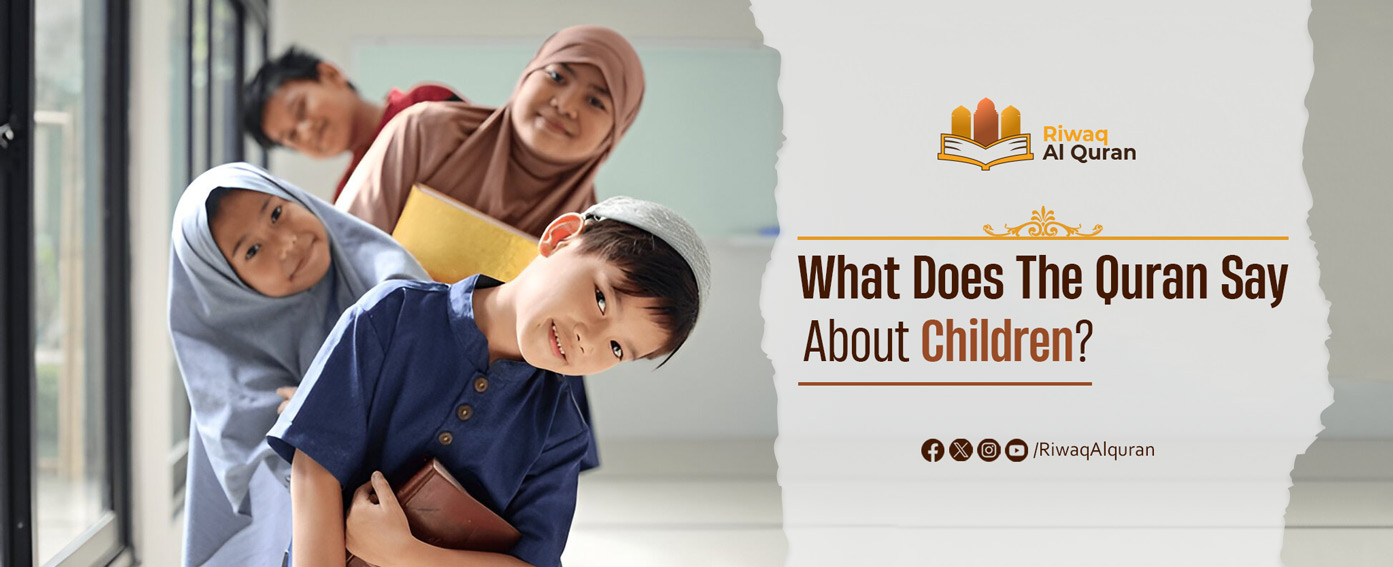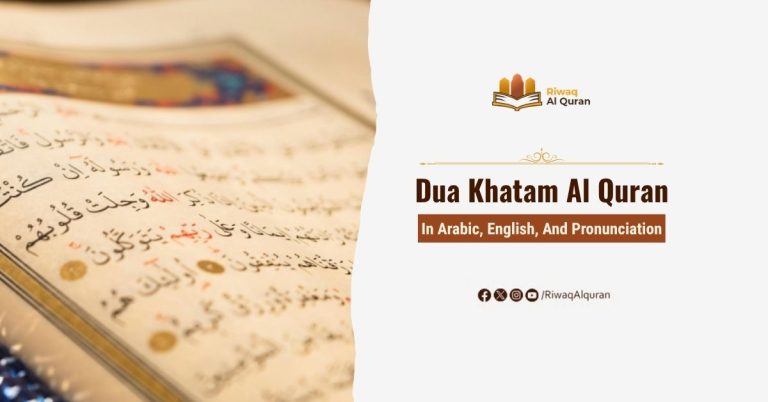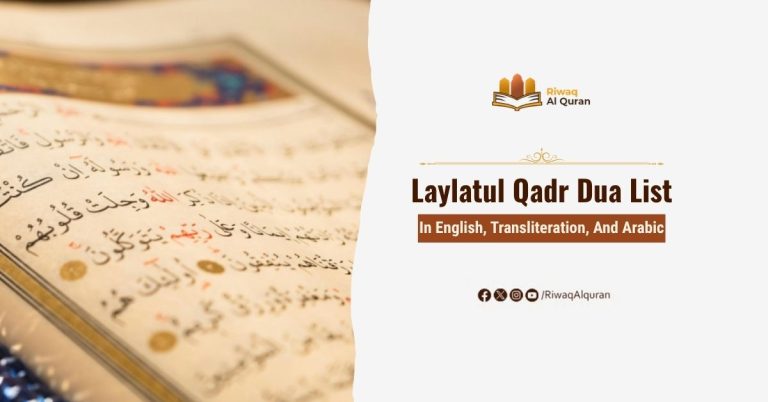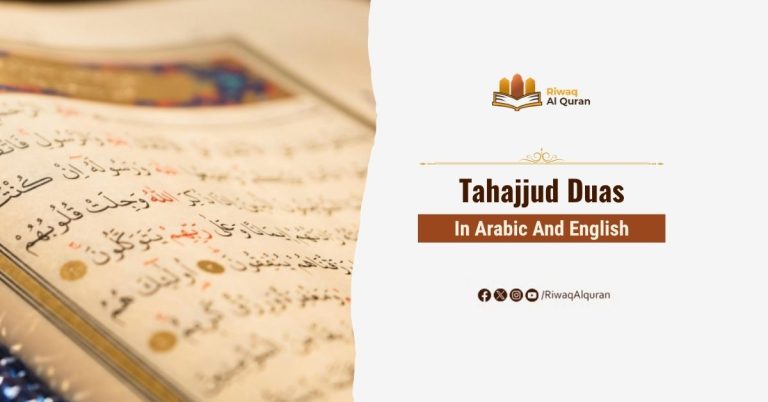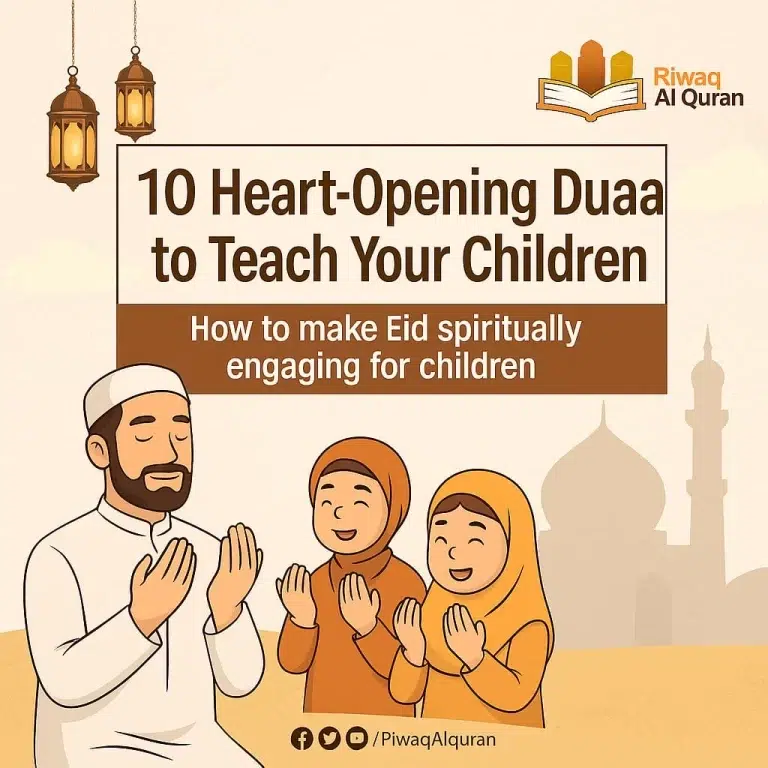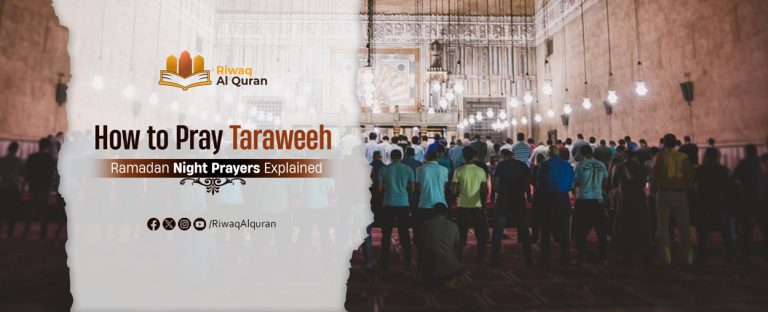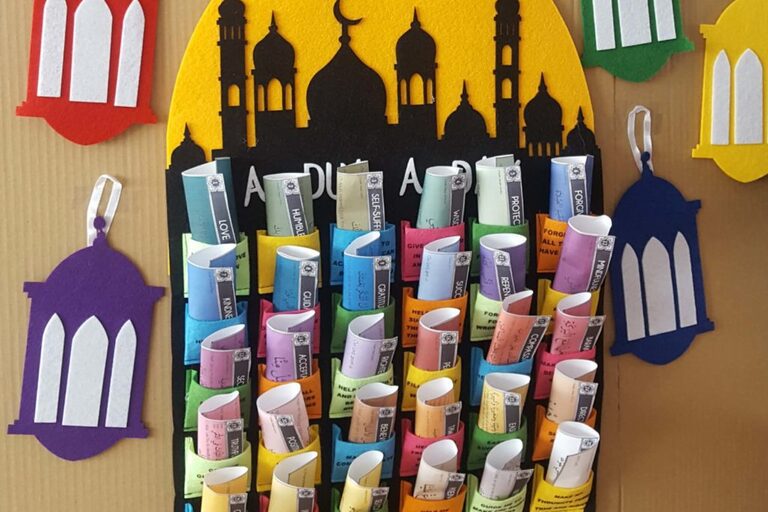Islam grants children many fundamental rights even before they are born, ensuring their well-being, dignity, and proper upbringing. These rights include the responsibility of parents to choose a righteous spouse, providing a stable and loving family environment that shapes the child’s future. Islam emphasizes marriage as the legitimate foundation for bringing children into the world, preserving lineage and moral values.
Beyond birth, children have rights to a good name, inheritance, financial support, and proper care such as breastfeeding. The Quran and Sunnah clearly define these rights to protect children’s physical, emotional, and spiritual development, highlighting Islam’s comprehensive approach to nurturing children from conception through adulthood.
Islam grants children’s rights even before the child is born. Let’s explore these rights:
Table of Contents
1. Children’s Right To Have Good Parents:
This right extends even before the parents meet. A Muslim woman and a Muslim man are required to choose each other wisely, as both parents will significantly influence the life of the child. The choice of spouse should be made with great care and consideration, as it directly impacts the child’s upbringing and future.
In Islam, having a child must be a fruit of a legitimate form of commitment- marriage- to preserve the lineage and honor of every child coming to life.
Not only a marriage, but purposefully a good, healthy marriage should be sought by every Muslim, so that the child can be well-raised in a wholesome, loving, moral and stable family.
Therefore, Islam emphasizes on the significance of choosing only the pious, and righteous spouse, as it is the standard, to start a reliable family then:
﴿ الزَّانِي لَا يَنْكِحُ إلَّا زَانِيَةً أَوْ مُشْرِكَةً وَالزَّانِيَةُ لَا يَنْكِحُهَا إِلَّا زَانٍ أَوْ مُشْرِكٌ وَحُرِّمَ ذَلِكَ عَلَى الْمُؤْمِنِينَ ﴾ [النور: 3].
[A male fornicator would only marry a female fornicator or idolatress. And a female fornicator would only be married to a fornicator or idolater. This is ˹all˺ forbidden to the believers.] [An-Nur: 3].
﴿ وَأَنْكِحُوا الْأَيَامَى مِنْكُمْ وَالصَّالِحِينَ مِنْ عِبَادِكُمْ وَإِمَائِكُمْ إِنْ يَكُونُوا فُقَرَاءَ يُغْنِهِمُ اللَّهُ مِنْ فَضْلِهِ وَاللَّهُ وَاسِعٌ عَلِيمٌ ﴾ [الطور: 32
[Marry off the ˹free˺ singles among you, as well as the righteous of your bondmen and bondwomen. If they are poor, Allah will enrich them out of His bounty. For Allah is All-Bountiful, All-Knowing.] [At-Tur: 32].
Allah’s Messenger (ﷺ) commands us: “When someone whose religion and character you are pleased with comes to you (proposing for a lady under your care), then let him marry (her). If you do not do so, then there will be a temptation in the land and abounding discord.”
The Prophet (ﷺ) said: “A woman is married for four qualities, for her wealth, her family status, her beauty, and her religion: so get the religious one and prosper.”
2. Children’s Right To Be Given A Good Name:
In Islam, parents are responsible for choosing a good and meaningful name for their children. It is prohibited to give a child a name that carries a bad meaning or could bring shame to them. A name should be a source of pride and reflect positive qualities.
The Prophet ( Peace be upon him ) said: “On the Day of Resurrection you will be called by your names and by your father’s names, so give yourselves good names.”
Everything in life has a name with a certain meaning and reference. Islam doesn’t overlook that; as a Muslim, you should select a beautiful, meaningful name to give your child, so that he can be honored with that good name, not a bad one that may expose him/her to be mocked.
فَلَمَّا وَضَعَتْهَا قَالَتْ رَبِّ إِنِّي وَضَعْتُهَا أُنْثَى وَاللَّهُ أَعْلَمُ بِمَا وَضَعَتْ وَلَيْسَ الذَّكَرُ كَالْأُنْثَى وَإِنِّي سَمَّيْتُهَا مَرْيَمَ وَإِنِّي أُعِيذُهَا بِكَ وَذُرِّيَّتَهَا مِنَ الشَّيْطَانِ الرَّجِيمِ ﴾ [آل عمران: 35-36]
[When she delivered, she said, “My Lord! I have given birth to a girl,”—and Allah fully knew what she had delivered—“and the male is not like the female. I have named her Mary, and I seek Your protection for her and her offspring from Satan, the accursed.] [Al-Imran: 35-36].
3. Children’s Right To Inheritance:
According to the Quran, children are granted the right to inherit from their parents, even before birth. This right is part of the Islamic legal system, which ensures that wealth is distributed justly among family members. The inheritance shares are clearly defined in the Quran to ensure fairness for all heirs, including children, regardless of age.
( يُوصِيكُمُ ٱللَّهُ فِىٓ أَوْلَـٰدِكُمْ ۖ لِلذَّكَرِ مِثْلُ حَظِّ ٱلْأُنثَيَيْنِ )
( Allah commands you regarding your children: the share of the male will be twice that of the female. )
[ An-Nisaa – 11 ]
4. Children’s Right To Be Financially Supported:
The Quran confirms that parents in Islam are required to support their children with whatever they can provide. This financial support ensures that children’s basic needs are met and they are raised in a healthy environment.
( لينفق ذو سعة من سعته )
( Let the man of wealth provide according to his means.)
[ Al Talaq – 7 ]
5. Children’s Right to Breastfeeding and Caring:
The breast-milk is a divine gift for the child at the start of his/her life. Nothing can be unique, nor nourishing enough to be equivalent to the breast-milk; it does keep the child growing healthy, and emotionally warm, in the arms of the mother, and both under the care and maintenance of the father:
The Quran grants children the right to be breastfed for up to two years. This period is not only important for the child’s physical growth but also for their emotional and psychological development.
(والوالدات يرضعن أولادهن حولين كاملين)
(Mothers will breastfeed their offspring for two whole years)
[ Al Baqarah – 233 ]
It is scientifically proven that children who are breastfed for a longer duration tend to have better emotional stability as they grow older. Breastfeeding provides essential nutrients and strengthens the bond between mother and child, contributing to the child’s overall well-being.
6. Children Have the Right of Life:
Allah, alone, is The Life-Giver, and The Death-Giver. Muslims are divinely commanded to refrain from the nonsense and injustice of those killing their babies, whether in their wombs by intended abortions -‘just for not wanting kids’, or after their birth for unreasonable causes- like the daughters buried alive in the pre-Islamic period!
وَلَا تَقْتُلُوٓا۟ أَوْلَـٰدَكُمْ خَشْيَةَ إِمْلَـٰقٍۢ ۖ نَّحْنُ نَرْزُقُهُمْ وَإِيَّاكُمْ ۚ إِنَّ قَتْلَهُمْ كَانَ خِطْـًۭٔا كَبِيرًۭا (الإسراء: 31)
[Do not kill your children for fear of poverty. We provide for them and for you. Surely killing them is a heinous sin.] [Al-Israa: 31].
… ۖ وَلَا تَقْتُلُوا۟ ٱلنَّفْسَ ٱلَّتِى حَرَّمَ ٱللَّهُ إِلَّا بِٱلْحَقِّ ۚ… (الأنعام: 151)
[… Do not take a ˹human˺ life—made sacred by Allah—except with ˹legal˺ right…] [Al-An’am: 151].
7. Children Have the Right to Play:
As significantly as the child has the right to be disciplined, he/ she has the right to play, too! Playing is essential in childhood, as it is the gateway to discover life, and to communicate with the universe, especially in the first, early years.
Again, in the story of Prophet Yusuf, playing was the only reason that would let Yaqoob allow Yusuf’s siblings to take him away, as playing is always answered “yes, go”:
أَرْسِلْهُ مَعَنَا غَدًۭا يَرْتَعْ وَيَلْعَبْ وَإِنَّا لَهُۥ لَحَـٰفِظُونَ … (يوسف: 12)
[… Send him out with us tomorrow so that he may enjoy himself and play. And we will really watch over him…] [Yusuf: 12].
Conclusion
Children’s rights in Islam cover every stage of life, ensuring they grow up in a safe, respectful, and supportive environment. These rights emphasize the importance of life, proper care, education, and fair treatment, reflecting the deep value Islam places on every child.
By upholding these rights, Muslim parents fulfill their duty to nurture responsible, ethical, and spiritually aware individuals. Islam’s guidance on children’s rights remains a timeless framework that promotes justice, compassion, and love within families and society.

